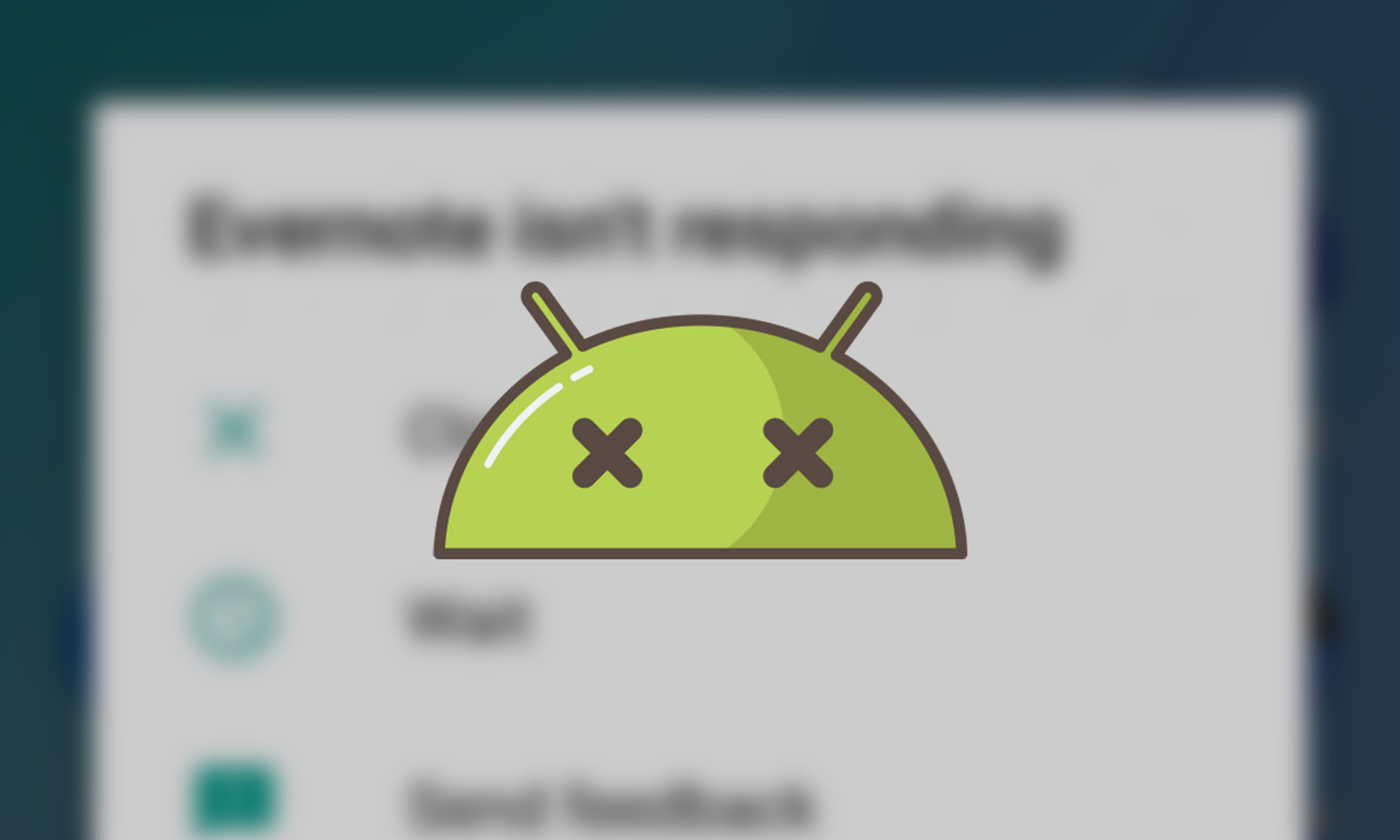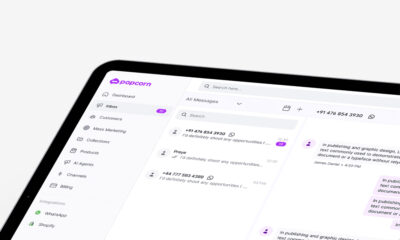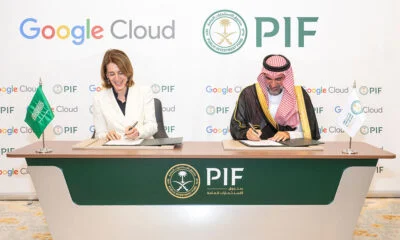News
Are Your Android Apps Crashing? Update WebView Now

If you recently noticed that some of your Android apps were crashing, or weren’t working as they should, you’re not alone. A problem with System WebView, one of Android’s system components, was to blame.
The issue, which was first noticed on Monday, persisted for roughly 7 hours according to Gmail’s Google Workspace dashboard. Until a fix could be made, the company suggested users make use of the desktop interface.
“We are aware of an issue with WebView causing some apps on Android to crash. We are currently working to fully validate the scope and a fix is in progress.” said a Google spokesperson.
Also Read: Tinder Will Soon Let You Background Check Your Matches
The Android System WebView is essentially responsible for allowing Android apps to display web content. Google was quick to notice the issue and says a fix is now available.
To resolve the issue, users are advised to update Google Chrome, as well as Android System WebView to version 89.0.4389.105.
News
1,000 Drones Light The Dubai Sky For AC Milan Celebration
Cyberdrone’s groundbreaking display marked 125 years of AC Milan football club and the 1st-year anniversary of Casa Milan Dubai.

Cyberdrone, a leading UAV display company based in Dubai, put on a breathtaking drone light show on Monday to honor two significant football milestones: AC Milan’s 125th anniversary and the one-year anniversary of Casa Milan Dubai.
The spectacle involved 1,000 drones working in perfect harmony to project AC Milan’s iconic imagery against the city’s night sky. Highlights included the UAVs synchronizing to form the club’s iconic crest, the signature red and black jersey, and a special emblem marking its 125th year. The intricate performance demanded meticulous planning, not just in terms of choreography, but also in dealing with the necessary permits and logistics.

“Our goal was to spotlight AC Milan’s legacy through a stunning visual narrative,” explained Mohamed Munjed Abdulla, Director of Sales at Cyberdrone. “We celebrated the club’s history, its Dubai milestone, and the universal love for football. The show also enhanced AC Milan’s regional presence, growing its fanbase through a cutting-edge, memorable experience. Drone shows are unparalleled in leaving lasting impressions, making them perfect for driving partnerships and growth”.
Also Read: Joby Begins Construction Of Dubai’s First Vertiport For Air Taxis
Greta Nardeschi, AC Milan’s Regional Director for MENA, echoed the sentiment, adding: “Collaborating with Cyberdrone for this 1,000-drone performance allowed us to connect with our fans in innovative ways. It gave us a unique opportunity to surprise and inspire audiences while elevating our Club’s visibility and that of our partners. Cyberdrone truly helped us take AC Milan to new heights”.
This groundbreaking drone display sets a new benchmark for the Middle East’s sports sector, which already contributes around $2.4 billion annually to Dubai’s GDP alone. Sporting events also generate $1.76 billion in revenues across the region, while the MENA’s entertainment sector, valued at $41.13 billion, is growing at 9.41% annually, driven by rapid technological advancements.
-

 News2 weeks ago
News2 weeks agoPopcorn AI Raises $500,000 For “Conversational eCommerce”
-

 News2 weeks ago
News2 weeks agoJoby Begins Construction Of Dubai’s First Vertiport For Air Taxis
-

 News5 days ago
News5 days agoDubai Future Forum 2024 Welcomes An Era Of Transformative Change
-

 News6 days ago
News6 days agoCisco Highlights 2024 Cybersecurity Trends Ahead Of Black Hat MEA















